RSS
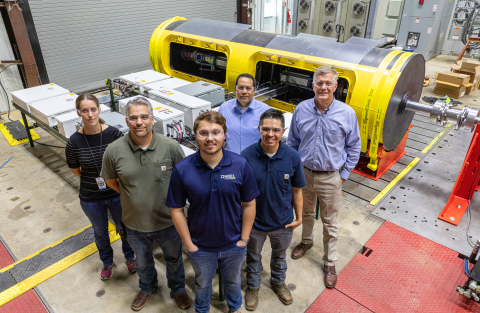

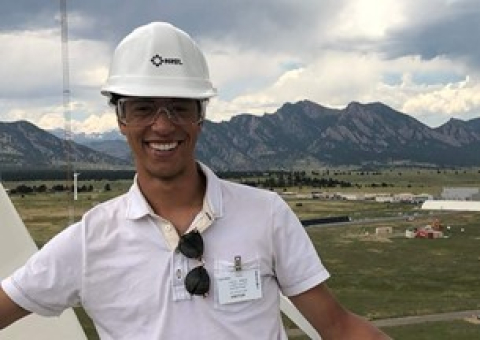
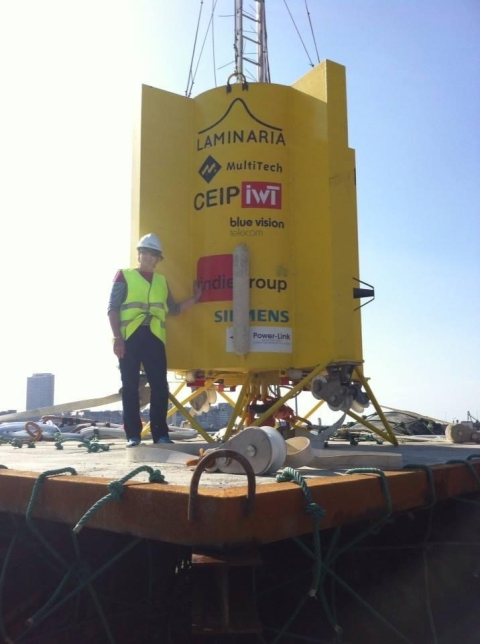
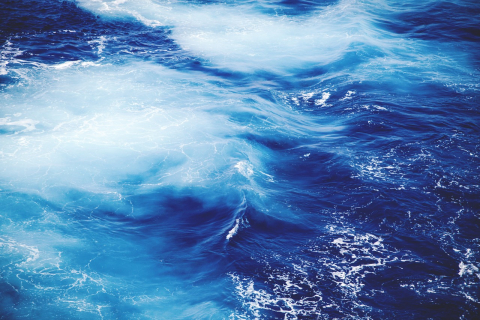
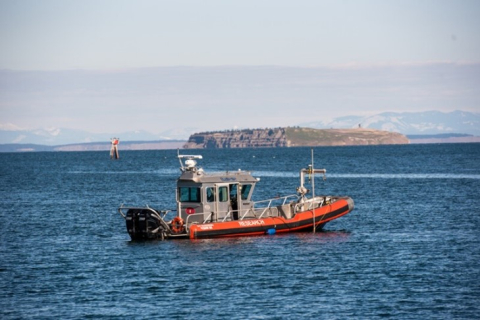

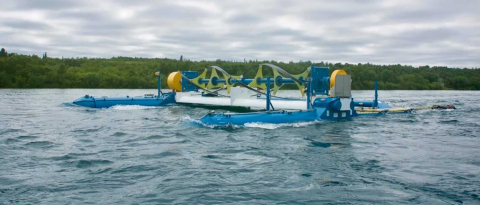

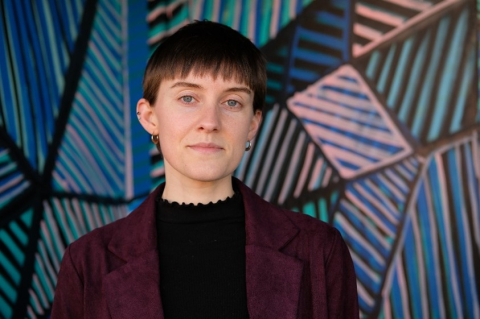
Subscribe to the Marine Energy Newsletter
WPTO's Marine Energy e-newsletter shares news and updates on tools, analysis, and emerging technologies to advance marine energy.
Below are stories about marine energy featured by the U.S. Department of Energy (DOE) Water Power Technologies Office.
With funding from WPTO, C-Power and Saab are partnering on a 6-month trial of an autonomous portable wave converter that will use the ocean’s waves to produce clean energy while simultaneously mapping the vastly unexplored ocean.

On December 7, WPTO will host a webinar on the water power-focused topics in the FY 2022 Small Business Innovation Research (SBIR) and Small Business Technology Transfer (STTR) Programs. Speakers will share highlights on each WPTO topic and sub-topic.

STEM disciplines, or the fields of Science, Technology, Engineering, and Mathematics, are critical to understanding our world and developing solutions to complex challenges.

DOE's Water Power Technologies Office is excited to announce the latest addition to our growing team of water power experts, Elaine Buck. Read up on the unique experience that Elaine brings to the team.

Applications are open for the Marine and Hydrokinetic Graduate Student Research Program. The application period is open until December 10, 2021, at 5PM Eastern.

This joint prize competition between WPTO and NOAA’s Integrated Ocean Observing System (IOOS®) Office seeks to develop new technologies that can help fill the data gaps making it difficult to realize the full potential of the Blue Economy.

DOE announced funding for continuing research and development projects in the SBIR/STTR program, including $8.1 million for seven hydropower and marine energy projects.

Meet this year's cohort of Oak Ridge Institute for Science and Education (ORISE) Marine and Hydrokinetic (MHK) Graduate Student Research Program Fellows.

Trent Dillon, a Ph.D. student at the University of Washington in Seattle, will explore location-specific options and opportunities for the Makah Tribe in Neah Bay, Washington, to harness wave energy.

Katherine Van Ness will be leveraging computational modeling techniques to develop model simulations of laboratory-scale blade pitch control experiments.

